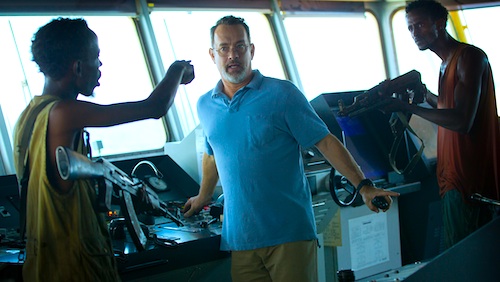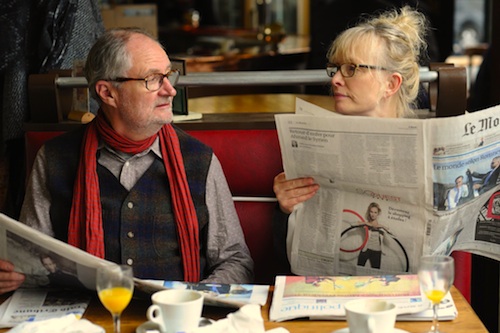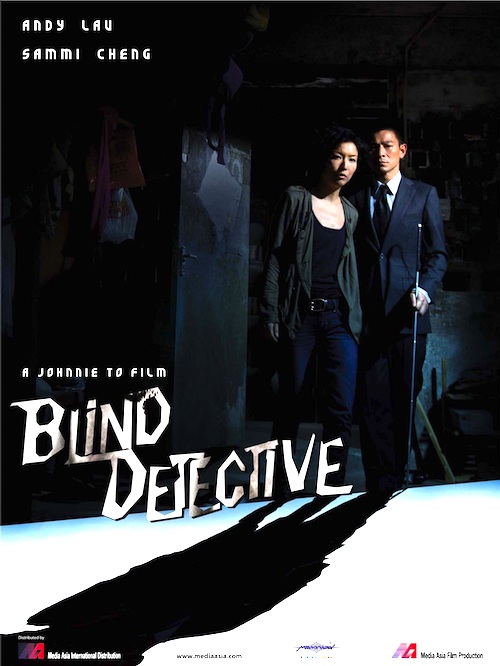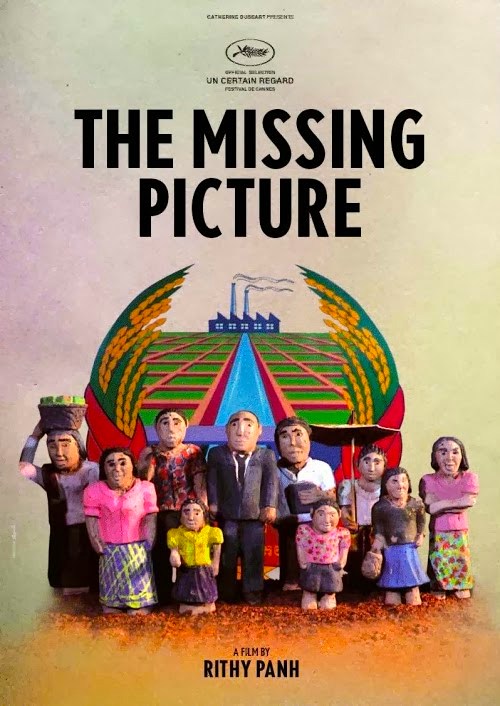By Joe Bendel. Tourists visiting Prague’s Rudolfinum concert hall will find themselves in Jan Palach Square. The newest public square in the Old Town quarter, it was known as Square of Red Army Soldiers during the grim era of Communism. An earnest university student, Palach sacrificed his life to re-awaken opposition to the Soviet occupation of 1968 (those very same Red Army Soldiers), eventually becoming a galvanizing symbol of the Velvet Revolution.
Polish filmmaker Agnieszka Holland was also studying in the then-Czechoslovakia when Palach self-immolated on Wenceslas Square. She shared the feelings of inspiration, frustration, and rage that swept across the country in the days that followed. The tenor of those oppressive times is masterfully captured in Holland’s Burning Bush, a highly cinematic three-night miniseries produced for HBO Europe, which screens during the 51st New York Film Festival.
Watching a man ignite himself into flames is a disturbing sight, as Holland shows viewers in no uncertain terms. Unfortunately, Palach does not die immediately, but lingers on life support for three days. Having left multiple letters of protest, there was no question why Palach did what he did. As he hoped, the student movement is emboldened to call for a general strike. The government swings into full panic mode, fearing more will follow his example. The Party’s heavy-handed techniques do not sit well with Police Major Jireš, but his ostensive subordinate is more than willing to do the dirty work he assumes will advance his career.
As months pass, Palach’s fragile mother, Libuše Palachová, becomes the target of a ruthless harassment campaign. When a hardline member of parliament publicly slanders Palach at a regional CP conference, the Palach family decides to file suit, but finding a lawyer willing to accept their case is a difficult proposition. Eventually, Dagmar Burešová agrees to take the case, but it will cost her family dearly.
Although Palach appears relatively briefly in Burning Bush, his absence is felt keenly throughout. He is the missing man—the ghost at the banquet. However, his mother and her advocate are very much of the world as it was, and must carry on as best they can. Frankly, Burning Bush will be nothing less than revelatory for many viewers. Typically films dealing with the Prague Spring and subsequent Soviet invasion end in 1968, with a happier 1989 postscript frequently appended to the end. However, Holland and screenwriter Štĕpán Hulík train their focus on the nation’s absolutely darkest days.
A onetime protégé and close collaborator of Andrzej Wajda, Holland has vividly addressed the Communist experience with films like The Interrogation and To Kill a Priest, while also finding tremendous American success directing leading-edge HBO programs like The Wire and Treme. On paper, Holland sounds like the perfect director for this project, yet she manages to exceed expectations with a clear-cut career masterwork.
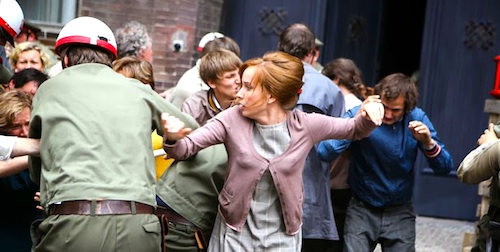
There is considerable scale to Burning Bush, but it is intimately engrossing. Viewers acutely share the fear and pain of the Palach family and marvel the Bureš family’s matter-of-fact defiance. Somehow Holland simultaneous builds the suspense, as Burešová methodically exposes the Party’s lies and deceits, as well as a mounting sense of high tragedy, as secret police rig the system against her.
Jaroslava Pokorná’s turn as Palach’s mother is not merely a performance, it is an indictment viewers will feel in their bones. It is a convincingly harrowing portrayal of a woman nearly broken by the Communist state. Likewise, Petr Stach conveys all the inner conflicts roiling inside Jiří Palach, the brother forced to hold himself together for the sake of his family (and arguably his country). Ivan Trojan’s increasingly disillusioned Major Jireš adds further depth and dimension to the film. Although it is the “glamour” role, Tatiana Pauhofová still scores some impressive moments as Burešová, particularly with Jan Budař as her husband Radim Bureš.
Chosen by the Czech Republic as its official foreign language submission to the Academy Awards, Burning Bush is either excellent cinema or outstanding television, depending on how chose to categorize it. Although its 234 minute running time might sound intimating, it is a blisteringly tight and tense viewing experience. An important but deeply moving work, it is the one true can’t miss selection of this year’s NYFF, especially since its length makes it such a challenge to program. At this point only stand-by tickets are available, but it is worth trying your luck when the exceptional Burning Bush screens this Friday (10/4) and the following Wednesday (10/9).
LFM GRADE: A+
Posted on September 30th, 2013 at 5:51pm.
